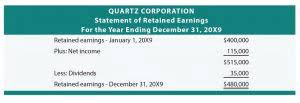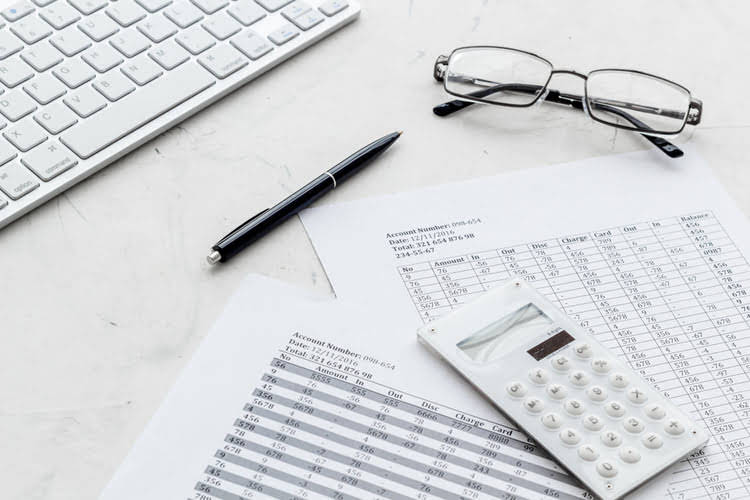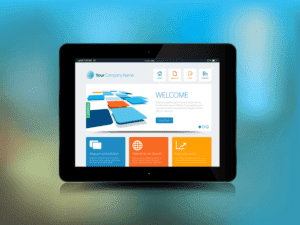For some industries, accrual accounting is more popular than others, and vice versa. A critical component to accrued expenses is reversing entries, journal entries that back out a transaction in a subsequent period. The accrual method allows businesses to match expenses to the revenues they help generate and create a more realistic picture of financial health. Accrued expenses are costs incurred but not yet paid, recorded as liabilities on the balance sheet until paid.
Accrued compensation examples
Accrued expenses are sometimes confused with accounts payable and cash accounting, but they’re not the same. Expenses are accrued to have a better understanding of financials through a holistic view of what’s actually due. This practice differs from the other form of accounting, cash basis accounting. Cash basis only accounts for expenses that have been invoiced and paid for. This can potentially leave expenses unaccounted for if the bill has yet to arrive. Accrual accounting presents a more accurate measure of a company’s transactions and events for each period.
Accrued expenses on a balance sheet are those a company recognizes when they occur, not when they are invoiced or paid. It enhances the accuracy of a company’s financial statements, such as the balance sheet and income statement. The process of estimating and tracking accrued expenses introduces a higher risk of errors, especially if not managed carefully.
What is cash basis accounting?
- Lastly, the accrual method of accounting blurs cash flow and cash usage as it includes non-cash transactions that have not yet impacted bank accounts.
- Investing in training for your team can also improve accuracy and ensure everyone understands the importance of proper accrual accounting procedures.
- Future trends and developments in accrued expense management will likely include advanced automation to efficiently process accrued expenses.
- At FinOptimal, we recognize the importance of such foundational accounting principles.
- As explained by Princeton University Finance and Treasury, these reversals prevent double-counting expenses when the actual invoices are paid in the new year.
- Below is a break down of subject weightings in the FMVA® financial analyst program.
Explore their key differences, the pros and cons of each, and which approach is the best fit for your business. We’ve got to put them into an expense account, but we’re going to hold back off on the cash right now. Now that the accrual is reversed, you can enter and pay the invoice through accounts payable.
Rent or lease payments are typically made in advance or at the beginning of the period. However, the expense is recognized over the entire lease or rental period. If rent is due on the first of the month, the business incurs the expense daily throughout the month. BDC.ca provides a clear example, explaining how a monthly lease payment due but not yet billed represents an accrued expense. These payments are classified as current liabilities, meaning they’re due within one year. If your accrued expenses account balance is a debit balance or a negative balance, that usually means that you’ve reversed the accrued expense journal entry from the previous month twice.
Firm of the Future
Accrual accounting, a cornerstone of GAAP, mandates recognizing expenses when they’re incurred, regardless of when cash changes hands. This gives a more complete picture of a company’s financial obligations. Clear, documented policies for managing accrued expenses are essential for consistency and compliance. These policies should outline how accrued expenses are identified, recorded, and reviewed. Basing these policies on established accounting principles, such as the GAAP expense recognition principles, ensures your financial reporting is accurate and credible. Well-defined policies also facilitate smoother internal audits and contribute to stronger financial controls.
This guide breaks down everything you need to know about accrued expense accrued expenses meaning and accrued expenses accounting, offering practical advice to keep your finances on track. Accurate and timely accrual recording is crucial for maintaining compliant and reliable financial records. Think of it as tying up loose ends before closing the books for the month or year. Understanding the different types of accruals and their deadlines is crucial for accurate financial reporting.
Consistent record-keeping helps with compliance and simplifies tax season. You can negotiate payment terms, efficiently manage cash payments, control costs, and review vendor contracts. A simple spreadsheet can work for very small businesses, but dedicated accounting software is generally more efficient and less prone to errors. For larger or more complex businesses, automating the process with specialized software can save significant time and resources. If managing this feels overwhelming, consider outsourcing to a managed accounting service.
It also increases the Accrued Wages Payable account, a liability account, showing the obligation to pay employees in the future. This accurately represents the financial impact of the wages earned in December, even though the cash payment happens in January. By using these examples, it’s easier to see how accrued expenses play into everyday business operations and why they’re vital for maintaining accurate financial records. Using cash basis, an organization would not expense the purchase until the payment is made, and would do so for the full amount of expense.
Regularly assess whether your current method still aligns with your operations, compliance needs, and future plans. Depending on your accounting method, certain transactions—like inventory or long-term contracts—may need special handling. Consulting an accountant can help ensure these areas are managed correctly, especially if you’re using a hybrid approach. Cash accounting may give a partial view of long-term profitability, so consider moving to accrual accounting as your business grows. This is especially important if you’re planning for investment, expansion, or complex projects.
Here is an example of when an expense should be accrued or when it should fall under accounts payable. A balance sheet shows what a company owns (its “assets”) and owes (its “liabilities”) as of a particular date, along with its shareholders’ equity. Consider an example where a company enters into a contract to incur consulting services. If the company receives an invoice for $5,000, accounting theory states that the company should technically recognize this transaction because it is contractually obligated to pay for the service.
- When in doubt, please consult your lawyer tax, or compliance professional for counsel.
- If managing this feels overwhelming, consider outsourcing to a managed accounting service.
- If rent is due on the first of the month, the business incurs the expense daily throughout the month.
- They’re recognized in your financial statements when they happen, not when the cash actually leaves the business.
Disadvantages of cash basis accounting
These errors can lead to discrepancies in financial reporting, potentially misrepresenting your company’s true financial position. Implementing robust tracking systems, regular reviews, and internal controls can help minimize these risks. Investing in training for your team can also improve accuracy and ensure everyone understands the importance of proper accrual accounting procedures. While accrued expenses don’t represent an immediate cash outflow, they can significantly impact your future cash flow.
As businesses grow and transactions become more complex, keeping a firm grasp on accrued expenses will help ensure that your company remains financially robust and well-prepared for future challenges. Accrual accounting, the foundation of recognizing accrued expenses, offers a more comprehensive view of a company’s financial performance than cash basis accounting. This principle ensures that expenses are recorded in the same period as the revenues they generate, providing a clearer picture of profitability.
Many accrued expenses recur regularly within the normal course of business. Think of predictable, cyclical costs that are part of your standard operating procedures. Examples include property taxes, which accrue over time and are typically paid in installments. The unpaid portion represents an accrued liability, similar to income tax.
Are Accrued Expenses Assets or Liabilities?
Cash basis accounting often results in the overstatement and understatement of income and account balances. For cash basis users, record income and expenses only when cash is exchanged. For accrual users, carefully track receivables and payables to match tax obligations accurately.
As financial management becomes more complex, accounting software like Sage Intacct can simplify cash and accrual accounting. For cash accounting, it automates cash flow tracking, providing real-time visibility into your financial position to support everyday decisions. For instance, a business might use cash accounting for day-to-day transactions to keep a simple record of cash flow while using accrual accounting to monitor inventory or larger projects. The most difficult part of recording accrued expenses is remembering to actually complete the journal entry and then reverse it on a later date when an invoice is received or payment is made.





